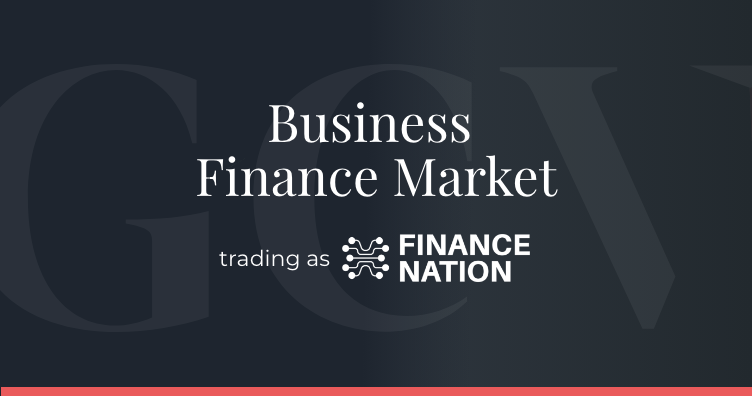The Benefits
7 Key Benefits of Tax-Efficient Investing
From saving for later life to reducing tax bills and contributing to the UK's thriving startup landscape via venture capital, investing in a tax-efficient manner offers a multitude of benefits for investors keen to minimise risk and maximise returns, and understanding how they work is key to utilising them.

Maximising
Returns
With tax-efficient investing wrappers such as the SEIS allowing you to claim back up to 50% of your investment off your income tax, your net returns on investments could be increased notably.

Minimising
Risk
Through schemes such as the SEIS and EIS that offer loss relief, should an investment not achieve positive returns, investors can offset any losses against their inheritance tax or capital gains tax bill, making these investments more appealing.

Reducing
Tax Bills
By claiming back potentially significant sums of your investments through benefits like 50% income tax relief, you can engage in tax-efficient investing to enhance your savings and have the ability to cut your tax liabilities considerably.

Planning
for Later Life
Pension wrappers such as SIPPs and SSASs give investors greater control over where their pensions are invested, providing access to a diverse range of alternative investments.

Portfolio
Diversification
Targeting varying degrees of risk and return, and existing across a broad range of asset classes and industries, tax-efficient investing can play a key role in a diversified portfolio.

Alternative
Focus
Residing in the alternative investment space, tax-efficient investments are often more resistant to the high market volatility traditional investments are prone to.

Impact
Investing
Whether it's funding the next wave of transformative startups or regional housebuilders, tax-efficient investments can generate long-term, positive impact effectively.
%20(3)%20(2).jpg)








.jpg?width=1200&height=800&name=Tax%20Efficient%20Investment%20Guide%20(1).jpg)




.png?width=1128&height=594&name=Valius%20Group%20(2).png)



